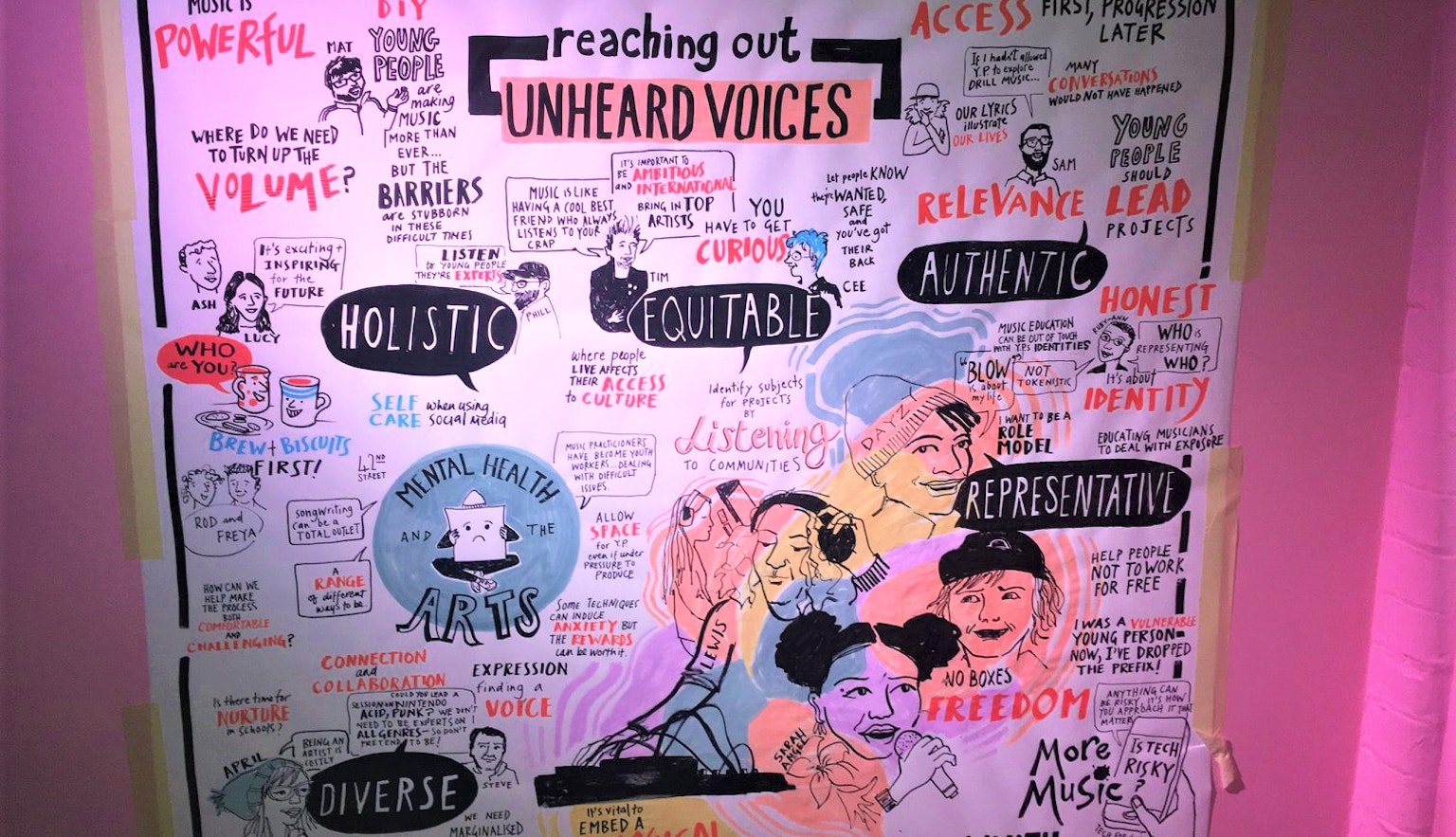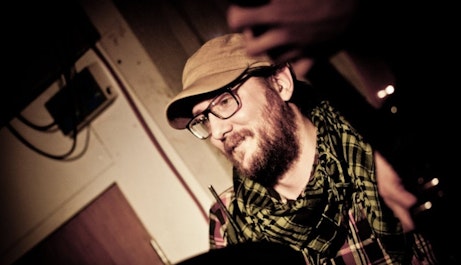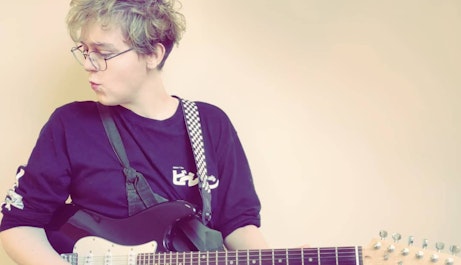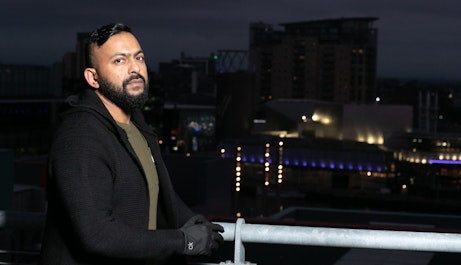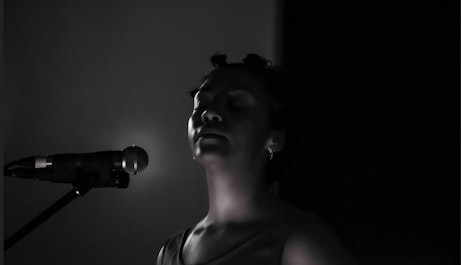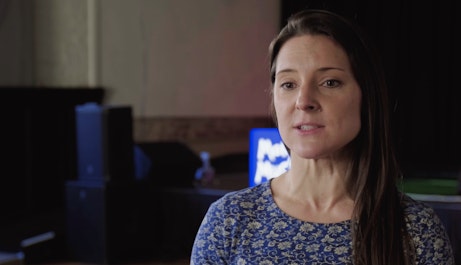In November 2019, people working across music education gathered for the Unheard Voices conference.
Organised by Brighter Sound and More Music as part of the Reaching Out Network, the day asked ‘whose voices aren’t being heard?’
Key speakers responded to Youth Music's HEARD model which summarises how to create musical experiences with inclusivity at the heart. Explore what HEARD stands for with these five provocations.
Holistic
The personal, social and emotional benefits of music drive our vision and mission
For Phill Howley, professional musician and arts facilitator, being holistic means putting people first. Music sessions start with a conversation, a brew and a biscuit. It doesn’t have to be about music. It’s about listening and giving the participants a space to make their voice heard. That’s the most important element of being a music leader.
Equitable
People facing the biggest barriers receive the most support
Award winning composer and multi-instrumentalist Cee Haines (CHAINES) explains that the struggles of minority communities are not always obvious to outsiders. You can’t help people overcome barriers that you don’t perceive. It can be easy to listen once, but understanding is an ongoing process and not an individual achievement. Bringing equity to your organisation is about committing to that long-term relationship of listening and demonstrating understanding.
Authentic
The work is designed in collaboration with the people it's for
Producer, project manager and music consultant Sam Malik asks us to consider whether our bias on musical teaching gets in the way of young people learning. Sam’s understanding of authenticity was challenged and changed during an experience with a group of young people who wanted to create drill music. Now, for Sam, authenticity is about allowing a young person to express their views through music, whatever they may be, and then allowing that opportunity to create a pathway for progression, change and development.
Representative
The people we work with reflect our diverse society
Multidisciplinary artist Ruby-Ann Patterson explains how we need to ask ourselves some difficult questions. How do we benefit from structural racism, sexism, ableism, classism? Do we participate in tokenism, a faux performance of alliance? Representation is about including the needs of all people, always, and as a priority, not an afterthought. Organisations need to make assessments on how they are missing the mark and unpack the ways in which we perpetuate discrimination in our own practice.
Diverse
All musical genres, styles, techniques are valued equally
For music education professional Cath Sewell, binary categorisation in music education limits engagement and distances young people from connecting with what music is actually for. The blurring of lines between genres is where the exciting stuff happens and Cath asks how the evolution and energy of music can be better represented in music education, and how we can make music education reflect our multicultural and intercultural society.
Join the Reaching Out Network
Hosted in partnership with More Music, Reaching Out is a training, development and future-thinking network for project managers, programme managers and anyone else planning and managing inclusive music activity for children and young people.
If you're interested in joining or want to find out more, email Molly.
“Being freelance can feel very isolating at times. It's great to see so many other people who share the same passion for change, and that has reenergised me in my own work”
